No products in the cart.
Takenoko
A long time ago at the Japanese Imperial court, the Chinese Emperor offered a giant panda bear as a symbol of peace to the Japanese Emperor. Since then, the Japanese Emperor has entrusted his court members (the players) with the difficult task of caring for the animal by tending to his bamboo garden.
In Takenoko, the players will cultivate land plots, irrigate them, and grow one of the three species of bamboo (Green, Yellow, and Pink) with the help of the Imperial gardener to maintain this bamboo garden. They will have to bear with the immoderate hunger of this sacred animal for the juicy and tender bamboo. The player who manages his land plots best, growing the most bamboo while feeding the delicate appetite of the panda, will win the game.
Finca
The players take the roles of Mallorcan farmers, who strive to harvest as many of the island‘s tropical fruits: figs, almonds, olives, oranges, grapes, and lemons, as possible. The players deliver their harvested fruits to the island communities, which have constantly changing requirements during the course of the game. For these deliveries, the players receive victory points. In the end, the player with the most victory points is the winner.
Windmill Valley
It’s the late 19th century, and more than 9000 windmills dot the landscape of the Netherlands, some of them purpose-built to dry the lowlands, called polders. In the polders between these windmills are fields filled with colorful tulips—the flower that once was a part of the turbulent history of the first financial bubble but is now simply a quintessential part of the Dutch landscape, especially on the famous Bloemen Route (or “Flower Route”).
Takenoko
A long time ago at the Japanese Imperial court, the Chinese Emperor offered a giant panda bear as a symbol of peace to the Japanese Emperor. Since then, the Japanese Emperor has entrusted his court members (the players) with the difficult task of caring for the animal by tending to his bamboo garden.
Three Sisters
Three Sisters is a strategic roll-and-write game about backyard farming. Three Sisters is named after an indigenous agricultural technique still widely used today in which three different crops — in this case, pumpkins, corn, and beans — are planted close together. Corn provides a lattice for beans to climb, the beans bring nitrogen from the air into the soil, and the squash provides a natural mulch ground cover to reduce weeds and keep pests away.
Takenoko: Chibis
A long time ago, the Emperor of China offered to the Emperor of Japan a giant panda, a symbol of peace. Your delicate mission: Take care of the animal by planning a bamboo field. Now as a reward for your great work, you are being offered a second panda...a female!
Hallertau
Take a step into the world\'s biggest contiguous hop-growing region, Hallertau. A strategy game by Uwe Rosenberg where players are leaders of a small town, attempting to improve the craft workshops and to raise the town\'s wealth by growing hops.
Darjeeling
In 1835, the British East India Company leased the region around the location of the modern-day city of Darjeeling.
The British strategically placed the trading post to build a sanatorium there as well!
[DAMAGED] Windmill Valley
It’s the late 19th century, and more than 9000 windmills dot the landscape of the Netherlands, some of them purpose-built to dry the lowlands, called polders. In the polders between these windmills are fields filled with colourful tulips—the flower that once was a part of the turbulent history of the first financial bubble but is now simply a quintessential part of the Dutch landscape, especially on the famous Bloemen Route (or “Flower Route”).
Atiwa
As a family of fruit farmers, the players learn that fruit bats - once scorned and hunted as mere fruit thieves - are in fact incredibly useful animals.




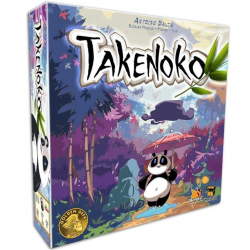
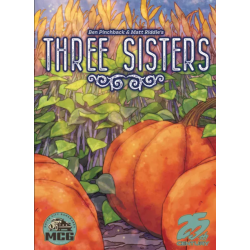
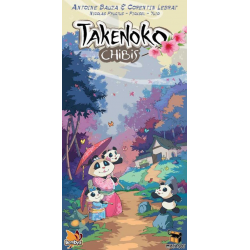
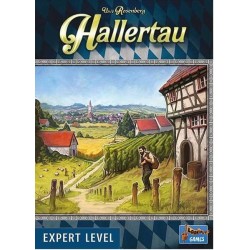
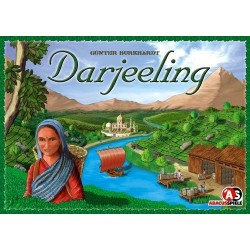
![[DAMAGED] Windmill Valley](https://kienda.co.uk/6094-home_default/windmill-valley.jpg)
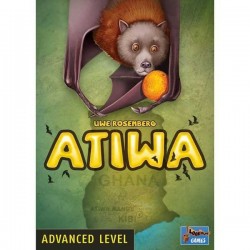








![[DAMAGED] Windmill Valley](https://kienda.co.uk/6094-medium_default/windmill-valley.jpg)
